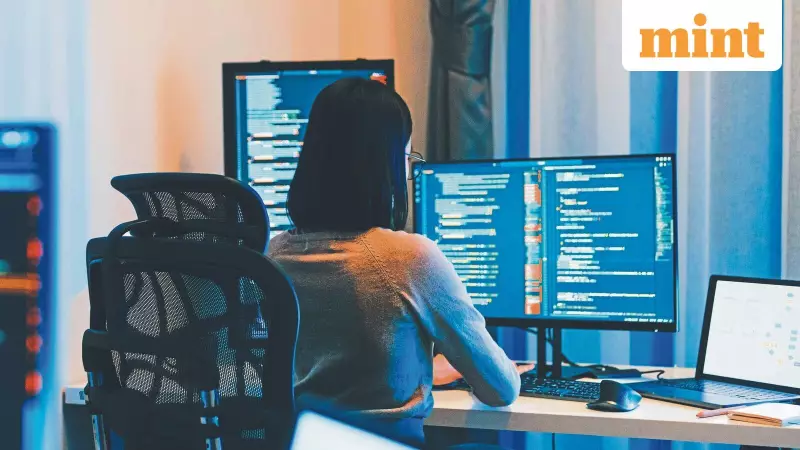
The landscape of work in Asia Pacific is undergoing a seismic shift, moving from a steady progression to a rapid transformation, largely driven by the advent of generative Artificial Intelligence. This technology is not merely accelerating change but actively redrawing the entire map of professional opportunity in real time.
The Double-Edged Sword of AI for Indian Women
In theory, AI holds the promise of expanding economic and professional opportunities for everyone. However, the reality on the ground presents a more complex picture, particularly for women. A startling statistic reveals that in India, 80% of the female workforce is employed in roles that are highly susceptible to being either augmented or completely disrupted by AI. This figure is notably higher than the 75% of men in similar positions.
These vulnerable roles are predominantly concentrated in the very sectors fueling India's current growth narrative: technology, retail, finance, and media. For millions of women, navigating this transition feels like traversing a constantly shifting maze without a clear guide. Compounding this challenge is a significant confidence gap; only 2 in 10 women in India report feeling prepared to adapt to these sweeping changes.
The Quiet Cost of Doubt and the Rise of Human Skills
During periods of massive disruption, self-assurance is often the first casualty. In India, 41% of women admit they struggle to determine if they are the right fit for a new role. This hesitation does not stem from a lack of capability. On the contrary, women are more likely than their male counterparts to highlight possessing crucial abilities like strategic leadership, adaptability, and cross-functional collaboration.
These are precisely the soft skills that the AI era will prize most. As machines and algorithms become increasingly proficient at handling routine, predictable tasks, uniquely human capacities will become the new currency of work. The ability to inspire trust, lead with genuine empathy, and exercise critical thinking cannot be easily replicated by code. This shift is recognized by business leaders, with eight in ten HR professionals in India now ranking soft skills as a top hiring priority.
Skills-First Hiring: A Pathway to Inclusion
One of the most promising developments in this new era is the move towards skills-first hiring. This approach prioritizes what a candidate can actually do over traditional markers like their educational pedigree or previous job titles. In India, this trend is gaining significant traction, with 78% of recruiters actively adopting this methodology.
The potential impact of this shift is profound. It could expand the talent pool by an astonishing 11 times, opening doors for countless candidates who have historically been overlooked. On a global scale, skills-first hiring could boost female representation in underrepresented industries by up to 12%. This creates a powerful ripple effect, changing not only who gets hired but also who gets to influence and shape the future of work itself.
To fully harness this potential, a concerted effort from both the public and private sectors is essential. This includes making upskilling and reskilling opportunities more accessible and embedding robust support systems like mentorship programs, sponsorship, and safe workplace policies. These measures are critical to ensure women can not only enter but also thrive and advance in high-growth sectors being reshaped by AI.
The decisions made by India's leaders, employers, and educators today will have consequences far beyond its borders. As the country stands poised to become one of the world's most influential talent hubs, its approach to navigating the AI revolution could set a global standard for balancing technological advancement with social inclusion. If India seizes this moment, it could provide a blueprint for economies worldwide, proving that the promise of AI is real only when the path to opportunity is clear and built for everyone.






